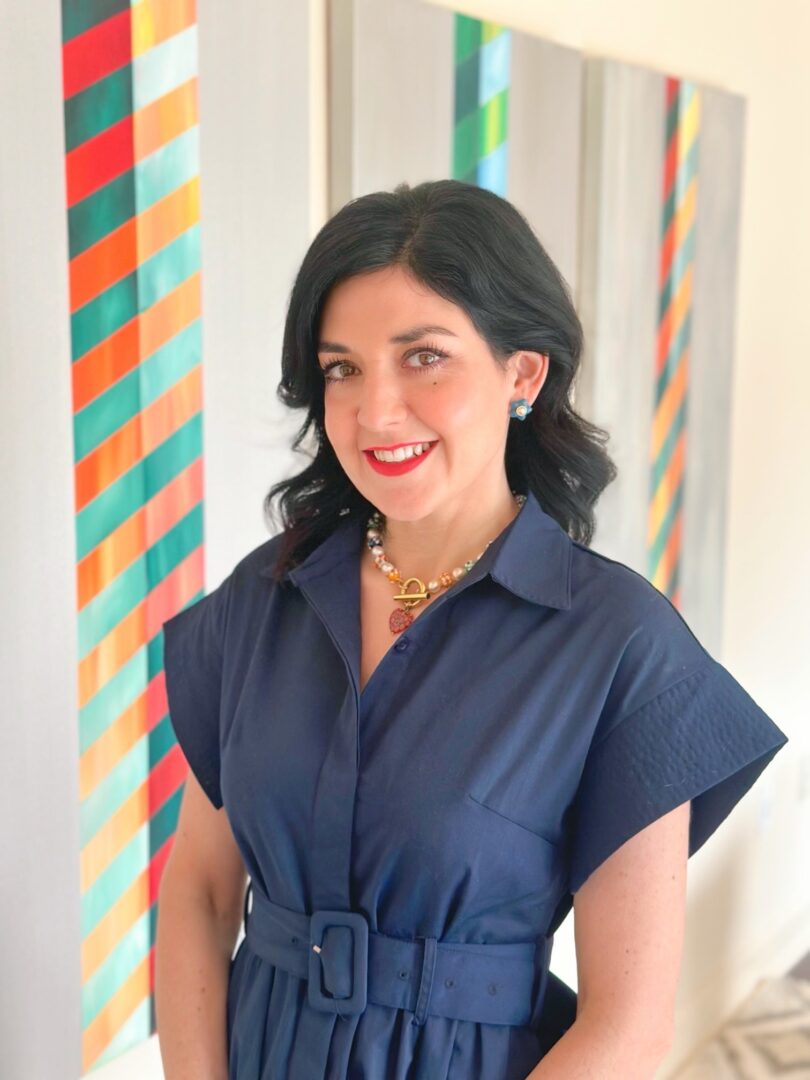We were lucky to catch up with Adrian Owen Jones recently and have shared our conversation below.
Hi Adrian, so excited to talk about all sorts of important topics with you today. The first one we want to jump into is about being the only one in the room – for some that’s being the only person of color or the only non-native English speaker or the only non-MBA, etc Can you talk to us about how you have managed to be successful even when you were the only one in the room that looked like you?
I’ve spent much of my career being the only woman in the room, and while it happens less frequently now, it still occurs regularly. Just last week, I was advising a group of senior executives – all men – on a complex issue. They listened carefully and took the recommendations to heart. I found myself reflecting on how much my approach has evolved.
Early in my career, those situations felt intimidating. I’d second-guess whether I belonged there or worry about saying the wrong thing. But I’ve learned that the discomfort I felt was actually data. It was telling me I was in a space where my perspective was needed.
I remember Gay Gaddis shared a principle that really resonates with me is: “You have an obligation to participate. If you don’t, you will not be invited back.” That captures my entire mindset. I stopped viewing these situations as something to endure and started seeing them as opportunities to fulfill a responsibility.
The key for me has been staying genuinely curious rather than defensive. When I’m the only woman present, I don’t assume I know why certain decisions are being made or what motivations are driving the conversation. Instead, I ask questions that help me understand the full picture. This curiosity has opened doors to insights that benefit everyone in the room.
I also make sure to have a sharp point of view and advocate for it. I was invited for a reason. I have something to contribute. That confidence, combined with genuine interest in others’ perspectives, has transformed what used to feel like an obstacle into one of my professional strengths.
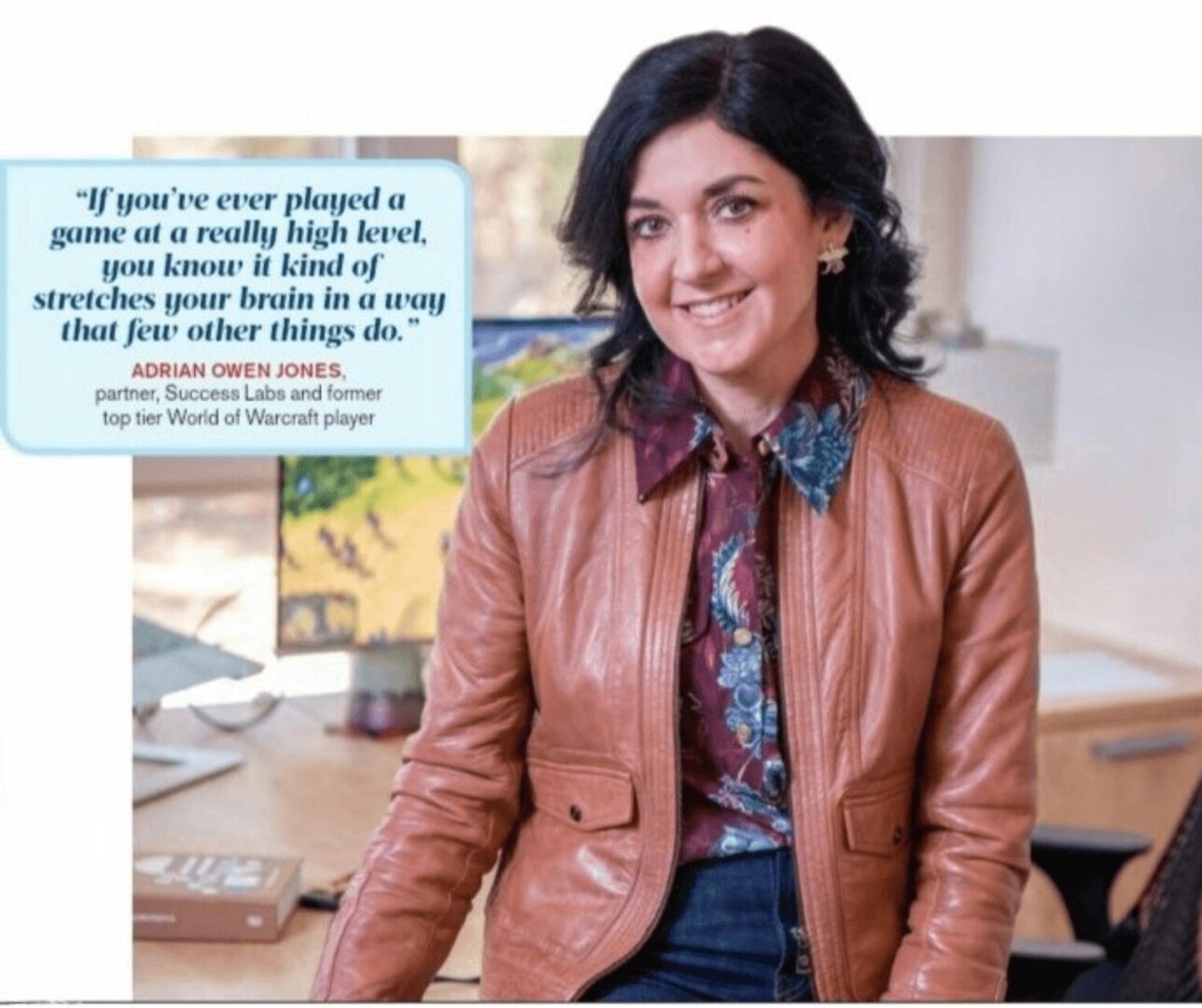
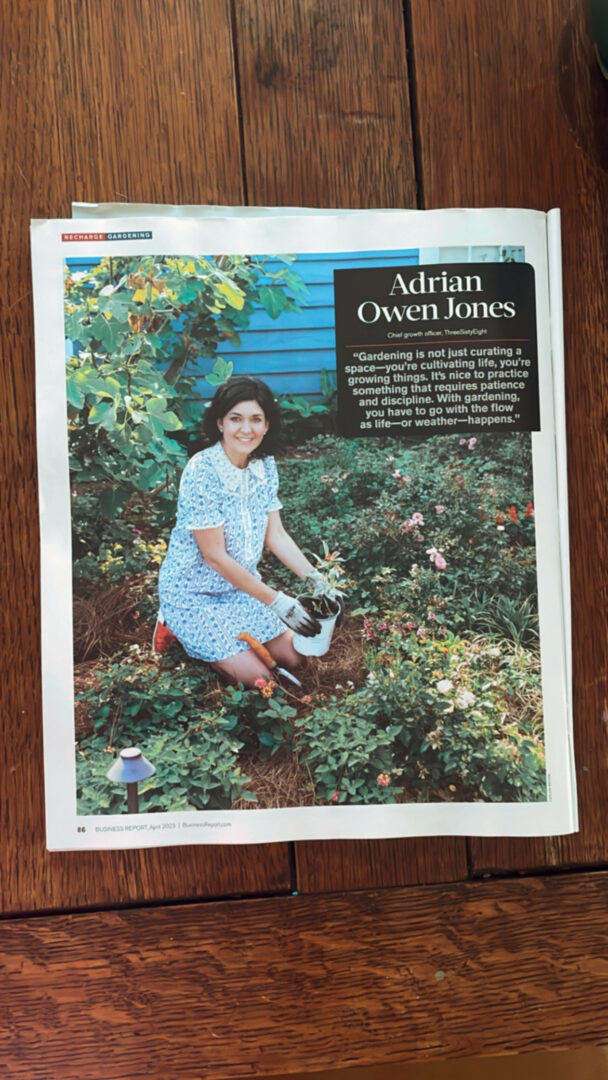
Thanks, so before we move on maybe you can share a bit more about yourself?
I love to help turn people strategy into business results – building better leaders, teams, and organizations. As a Partner at Success Labs, a 40-year-old leadership development firm, I spend my days working with companies to develop what we call “resilient leadership” – the capacity to harness change as fuel for growth rather than something to simply survive.
My path here wasn’t exactly linear. I started as a classics major studying ancient history and theater, then spent over a decade building the operational infrastructure behind major fundraising campaigns – the databases, systems, research and analytics teams that turn billion-dollar ambitions into achievable targets. But I kept finding myself more fascinated by how people navigated digital transformation than the technology platforms themselves. That curiosity led me to pivot into leadership consulting, where I could marry strategy, psychology, and technology to help leaders navigate complexity.
What makes our work different is that we don’t believe in off-the-shelf solutions. We’ve spent four decades working inside high-risk cultures- petrochemical, industrial, safety-critical sectors- where the stakes are real and the pressure is constant. That’s taught us how to coach leaders who need to perform under pressure and think clearly when everything around them is uncertain.
We’ve distilled this experience into what we call the 4 Ps of Resilient Leadership: Purpose, Perspective, People, and Problem-Solving. These anchor a comprehensive competency suite that delivers clear action steps teams can track to visibly improve both performance and resilience. It’s evidence-based but delivered in plain language that leaders can immediately put to work. We also have inQ, our software platform that turns 360 feedback and static succession plans into living development journeys.
Right now I’m excited about several things happening simultaneously. We’re growing beyond our Gulf South roots to work with dynamic businesses nationwide. This fall we’re launching updated cohorts of our Essentials, Accelerator, and Strategy Labs. These are intimate, experiential programs where leaders tackle real business problems while building the skills they need for their next level of leadership. I’m also co-organizing TEDxBatonRouge around the theme “Unseen Currents,” exploring the hidden forces shaping our lives, from algorithms to weather patterns, which will serve as an official TED Countdown anchor event.
What energizes me most is working at the intersections of my interests where unexpected insights emerge. I’m the person who quotes Brandon Sanderson or Mary Oliver in board meetings and finds organizational design lessons while pruning roses in my garden. Risk has always been my comfort zone, maybe because as a dyslexic kid I learned to see patterns others missed. Now I get to help other leaders reframe volatility as possibility and teach them that the most interesting solutions live in those unlikely connections.

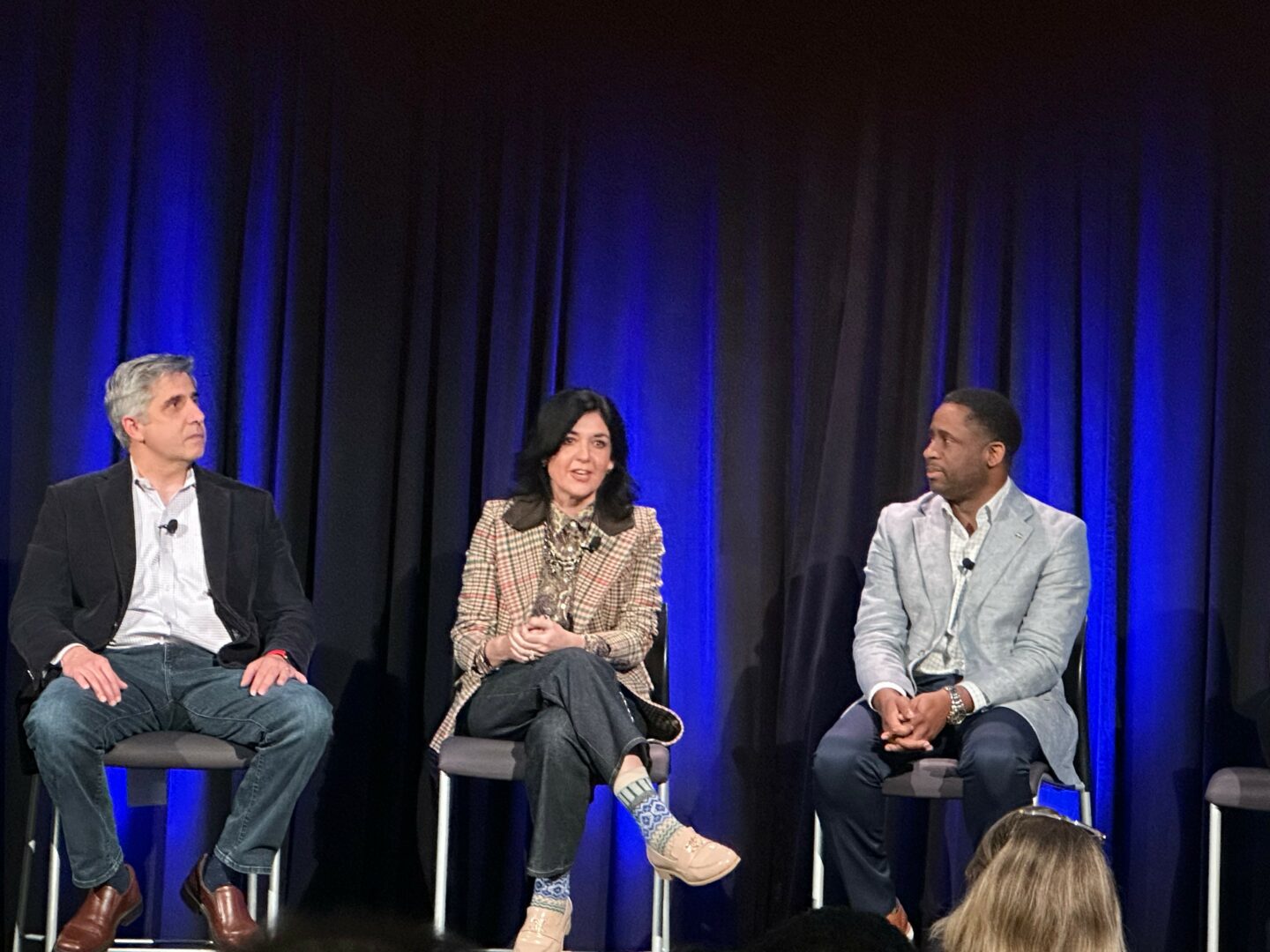
There is so much advice out there about all the different skills and qualities folks need to develop in order to succeed in today’s highly competitive environment and often it can feel overwhelming. So, if we had to break it down to just the three that matter most, which three skills or qualities would you focus on?
Looking back, three things have been absolutely critical to my journey: curiosity paired with a learner mindset, lessons from an unexpected classroom, and developing mental resilience through stoicism and meditation.
First, staying genuinely curious. I’ve always been fascinated by patterns and connections others might miss. This started as a kid with dyslexia—I had to find different ways to process information, which taught me to look for insights in unexpected places. Now I bring that same curiosity to leadership challenges, always asking “what if” and “how might we.” For people early in their careers, I’d say follow your genuine interests, even when they seem unrelated to your work. Some of my best strategic insights have come from gardening, travel, or reading fiction.
Second, I learned more about leadership from video games than most business school programs could teach. I was a world-ranked World of Warcraft player, and that experience taught me data analysis, talent recruitment, and complex strategy development under pressure. Leading raid teams taught me how to build high-performing cultures where people are excited to tackle ambitious challenges together. The skills I developed—leveraging data to improve performance, recruiting talent in a competitive market, synthesizing complex information to develop strategy—directly translated to my professional success. For young professionals, don’t dismiss unconventional learning experiences. The skills you develop in gaming, volunteer work, or passion projects often transfer in powerful ways.
Third, learning to reframe challenges has been transformative. Every morning I write what are called “morning pages”—three pages of free-form, stream-of-consciousness writing. What I’ve learned through this practice is that our brains have incredible power to help us reframe situations for gratitude, optimism, and joy. It’s a simple practice that siphons off the negative thoughts and refuels me with the positivity to tackle each day. This mental discipline has become central to both my personal resilience and how I coach other leaders. When you can reframe volatility as opportunity rather than threat, you make completely different decisions. I’d encourage anyone to develop some form of mindfulness or reflective practice that helps you gain perspective on difficulty. It’s the difference between being reactive and being strategic.
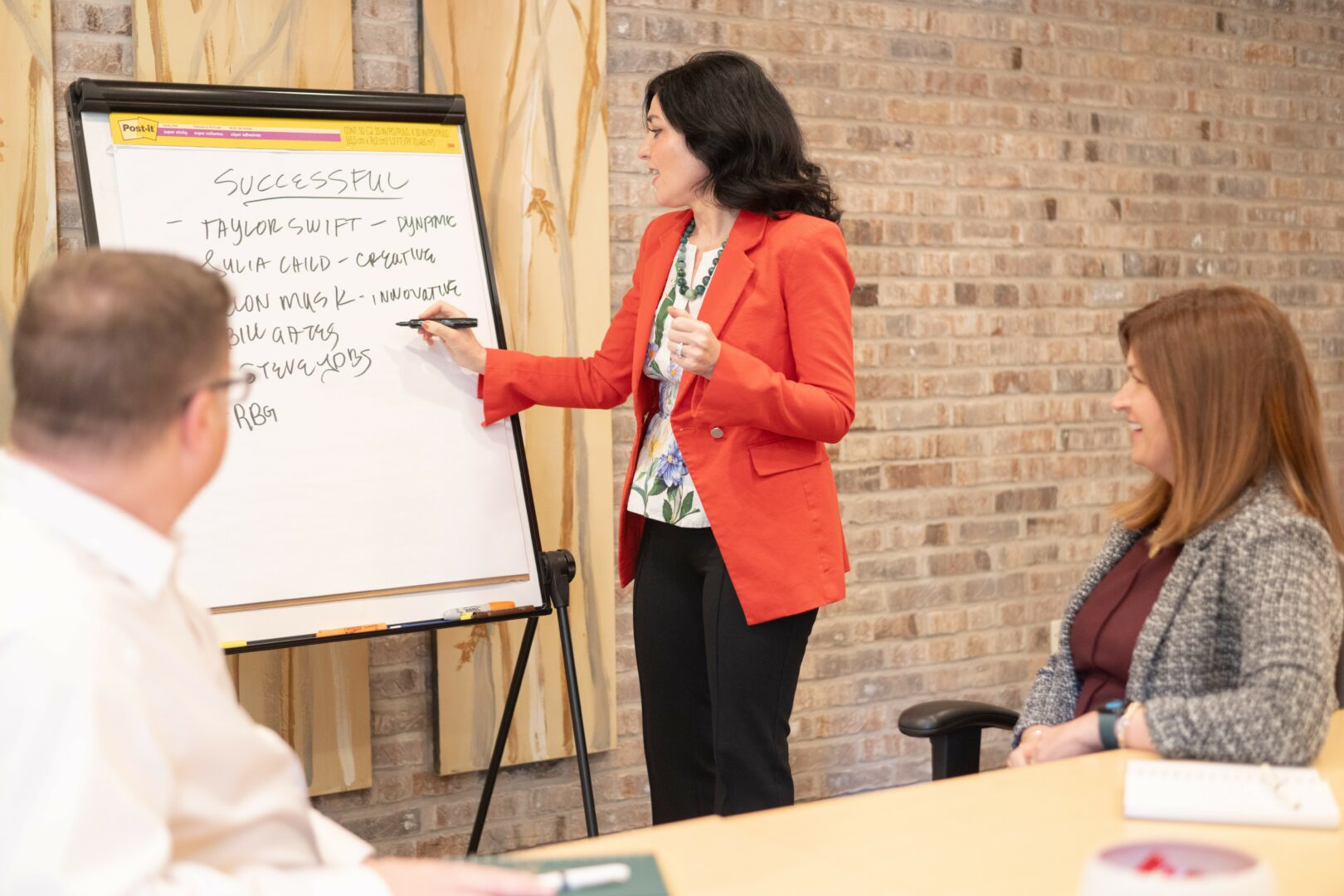

As we end our chat, is there a book you can leave people with that’s been meaningful to you and your development?
People who know me know I’m a voracious reader—each year I put out a list of my favorite books, so follow me on LinkedIn for reviews and more. But I love this question because I believe reading fiction is so important for leaders. We often get stuck in the Harvard Business Review circuit, but for me some of my best business lessons came from a fantasy novel.
The Stormlight Archive by Brandon Sanderson has profoundly shaped how I think about leadership and resilience. It’s epic fantasy, but at its core, it’s about ordinary people finding extraordinary strength through adversity. The series centers around three ideals that the knights in the story live by, and I’ve found myself applying them constantly in my professional life.
“Life before death” has taught me that leadership means protecting and nurturing what matters most. In business, this translates to prioritizing people’s wellbeing and growth over short-term gains. Living is harder than dying—it requires showing up every day, even when it’s difficult. As leaders, our duty is to create environments where people can thrive, not just survive.
“Strength before weakness” completely reframed how I think about power and authority. Real strength isn’t about dominating others; it’s about using whatever advantages you have in service of those who need support. When I’m the most experienced person in the room or have access to resources others don’t, that’s not a mark of superiority—it’s a responsibility to lift others up. Strength makes you capable of service, not rule.
“Journey before destination” is really about doing the next right thing. You don’t always know how you’ll get there, and you will make mistakes along the way. But you must learn from them, pick yourself up, and commit to doing better next time. I’ve had to lead through two reductions in force during my career. I learned hard lessons about honesty and transparency from the first one. The second time, I brought that learning to the table—and learned another difficult lesson about ownership and commitment to decisions. I’ll take that with me to the next challenge. You are never perfect; you always strive to get better.
Contact Info:
- Website: https://www.successlabs.com
- Instagram: Instagram.com/adrianannette and instagram.com/successlabs
- Facebook: https://Facebook.com/successlabs
- Linkedin: https://LinkedIn.com/in/adrianannette

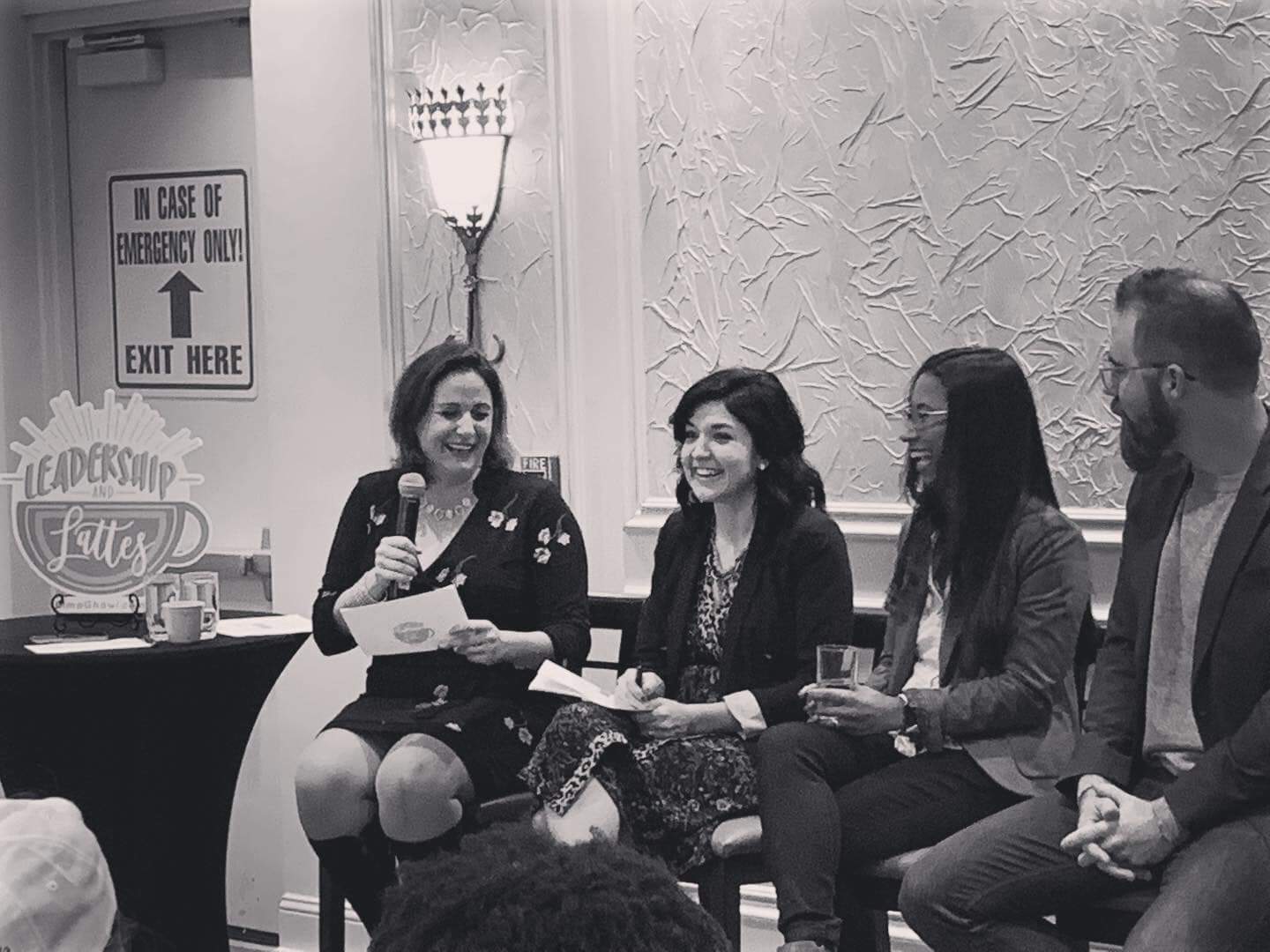
so if you or someone you know deserves recognition please let us know here.

